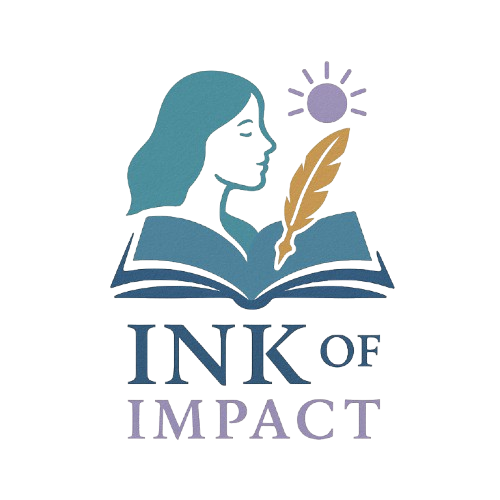Learning Beyond Walls – A Girl’s Battle for Education
Learning Beyond Walls: Amina’s Fight to Stay in School
Amina was 14 when her textbooks were replaced with wedding cards.
She lived in a dusty village near Alwar, Rajasthan, where the sound of school bells often faded into the clang of bangles and wedding drums. Education for girls was a luxury — something you did until puberty, and then packed away like a childhood toy.
When her father decided it was time for her to marry a man nearly twice her age, Amina didn’t scream or cry. She quietly took out her notebook and wrote in the margins:
“I will study. Even if no one lets me.”
The next day, she walked to school like usual — but this time, didn’t return home.
Her teacher, Ms. Joshi, knew something was wrong. After a tense conversation and a few calls, the school arranged a meeting with a local NGO. With legal backing and gentle persuasion, they convinced Amina’s father to postpone the marriage.
But survival isn’t just one battle — it’s many.
The whispers in the village began. “Shameless girl.” “Too educated to be a good wife.” Amina’s younger sister was told not to play with her. People stopped visiting their home.
Still, Amina studied.
She woke up at 4 a.m. to help with chores. She walked 5 km to school. She studied by candlelight when the power failed. And when she topped her class in 10th standard, the same people who mocked her applauded from afar.
But Amina wasn’t chasing applause — she was chasing change.
Today, she’s the first girl from her village to go to college. She’s studying political science and dreams of becoming a policymaker for rural girls’ education. On weekends, she teaches village girls under a neem tree — a tiny open-air classroom she named “Udaan” (Flight).
Amina didn’t just survive her story — she rewrote it, and now teaches others to do the same.
Why This Story Matters
In many parts of India, a girl’s education is still negotiable. Amina’s journey proves that the right to education isn’t just about access — it’s about agency. When girls learn, societies rise.
